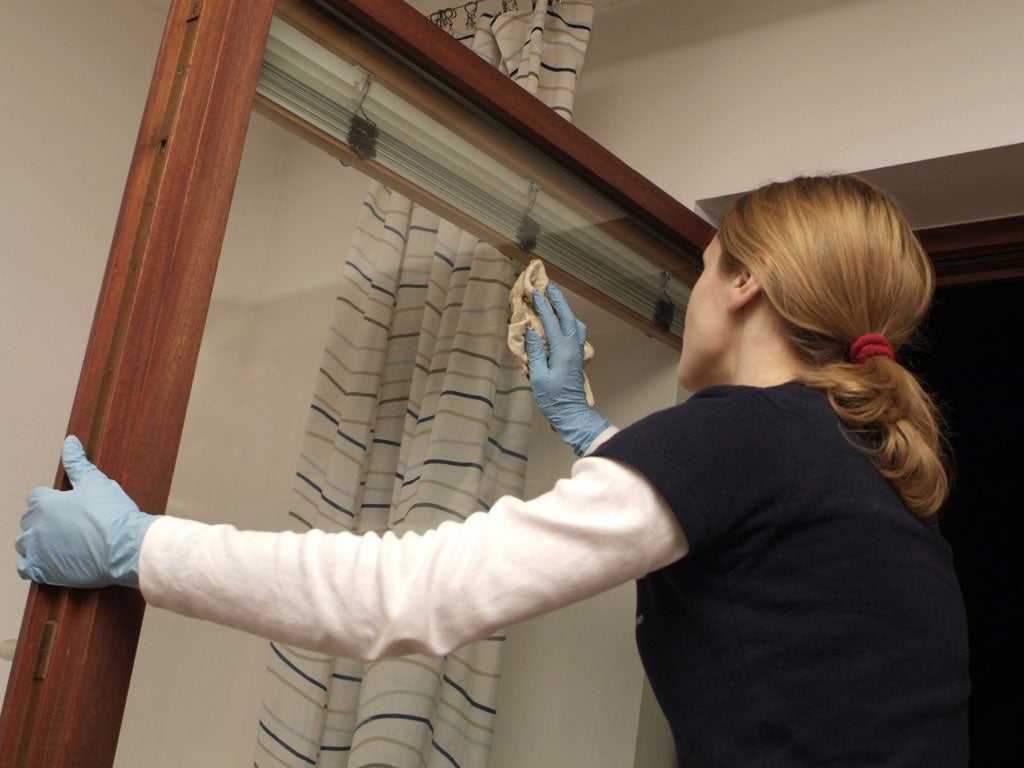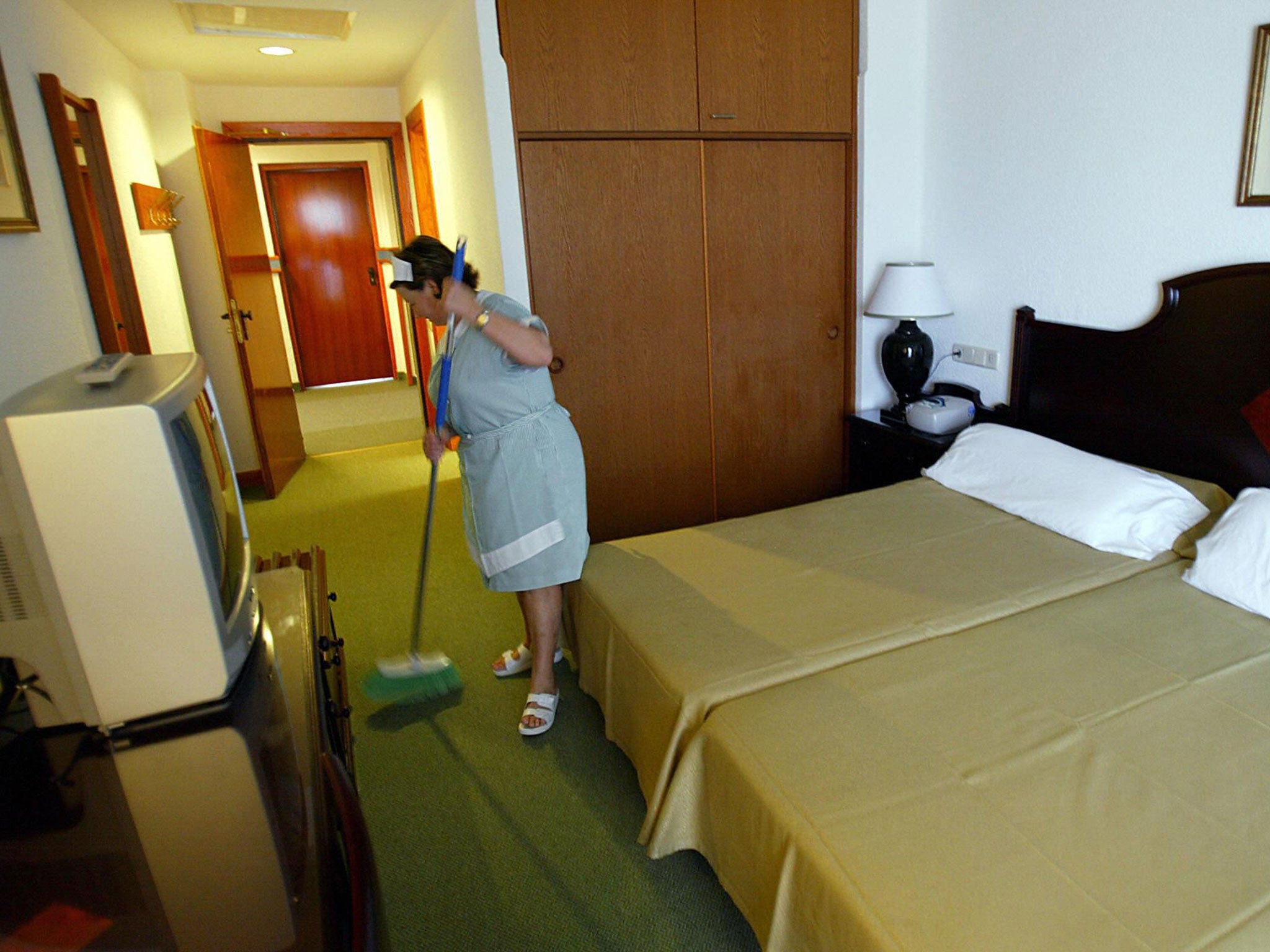Money can buy you happiness, claim researchers
'People who hire a cleaner or pay the kid next door to mow the lawn might feel like they’re being lazy, but our results suggest that buying time has similar benefits for happiness as having more money'

Your support helps us to tell the story
From reproductive rights to climate change to Big Tech, The Independent is on the ground when the story is developing. Whether it's investigating the financials of Elon Musk's pro-Trump PAC or producing our latest documentary, 'The A Word', which shines a light on the American women fighting for reproductive rights, we know how important it is to parse out the facts from the messaging.
At such a critical moment in US history, we need reporters on the ground. Your donation allows us to keep sending journalists to speak to both sides of the story.
The Independent is trusted by Americans across the entire political spectrum. And unlike many other quality news outlets, we choose not to lock Americans out of our reporting and analysis with paywalls. We believe quality journalism should be available to everyone, paid for by those who can afford it.
Your support makes all the difference.Money can buy you happiness, it would appear.
Or, at least, money can buy you extra free time and that may make you happier, according to a new study.
The research suggests that, instead of engaging in “retail therapy” in an attempt to feel better, people with enough money should spend it on paying someone else to do chores, such as cleaning, cooking, mowing the lawn, household maintenance or even shopping.
One of the researchers, Professor Elizabeth Dunn, said: “Although buying time can serve as a buffer against the time pressures of daily life, few people are doing it even when they can afford it.
“Lots of research has shown that people benefit from buying their way into pleasant experiences, but our research suggests people should also consider buying their way out of unpleasant experiences.”
And she added that the benefits of that extra time "aren't just for wealthy people”.
“We thought the effects might only hold up for people with quite a bit of disposable income, but to our surprise, we found the same effects across the income spectrum,” said Professor Dunn, of British Columbia University in Canada.
The researchers surveyed more than 6,200 people in the US, Canada, Denmark and The Netherlands, asking about how they felt and how much they spent on time-saving services.
“Across samples, there was a significant interaction between time-saving purchases and time stress,” they wrote in the journal Proceedings of the National Academy of Sciences.
“Deconstructing this interaction, time stress was associated with lower life satisfaction among respondents who did not spend money on time-saving purchases.
“For respondents who spent money on time-saving purchases, the negative effect of time pressure on life satisfaction was not significant.”
As part of the study, the researchers also gave $40 (£25) to 60 people in Vancouver to spend on a material purchase on one weekend and a time-saving service on another weekend. They found people were happier in the latter case.
However the survey found that many people did not seem to want to buy time-saving services even when they could easily afford them.

Of some 818 Dutch millionaires included in the survey nearly half said they “spent no money outsourcing disliked tasks”.
“People who hire a house cleaner or pay the kid next door to mow the lawn might feel like they’re being lazy,” said another of the researchers, Professor Ashley Whillans, of Harvard Business School.
"But our results suggest that buying time has similar benefits for happiness as having more money.”
However, simply having more money will not necessarily make you any happier – in fact it could do the opposite.
“In recent decades, incomes have risen in many countries, potentially exacerbating a new form of poverty: from Germany to Korea to the United States, people with higher incomes report greater time scarcity," the paper said.
“Feelings of time stress are in turn linked to lower well-being, including reduced happiness, increased anxiety, and insomnia.
“Time stress is also a critical factor underlying rising rates of obesity: lacking time is a primary reason that people report failing to eat healthy foods or exercise regularly.
“In theory, rising incomes could offer a way out of the ‘time famine’ of modern life, because wealth offers the opportunity to have more free time, such as by paying more to live closer to work.”
Join our commenting forum
Join thought-provoking conversations, follow other Independent readers and see their replies
Comments